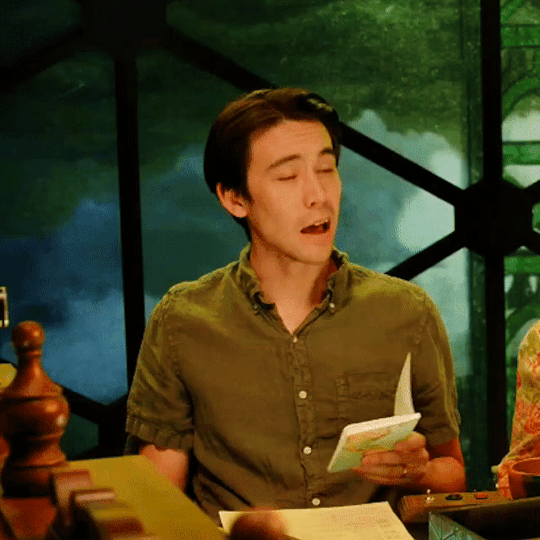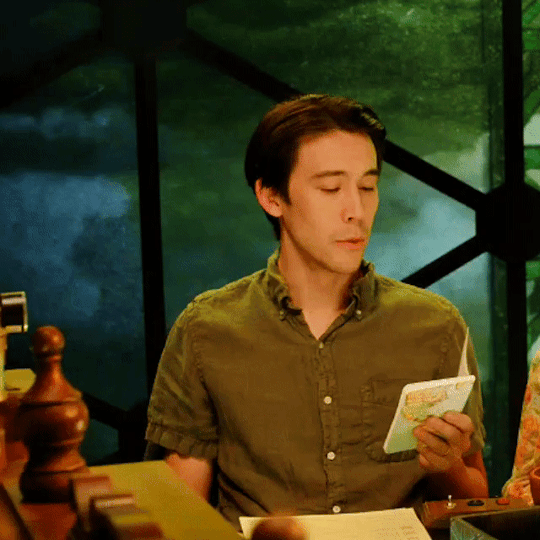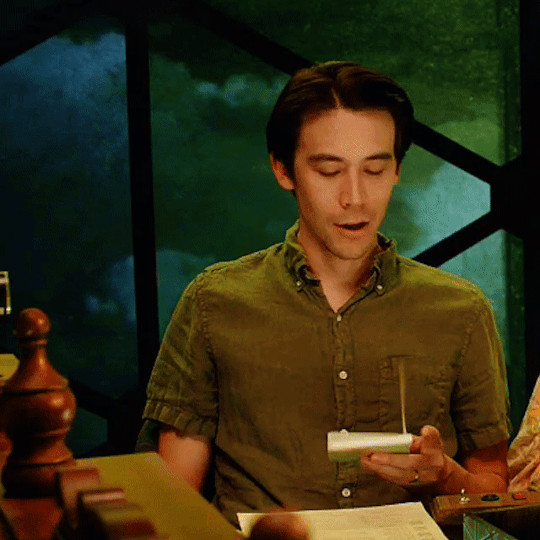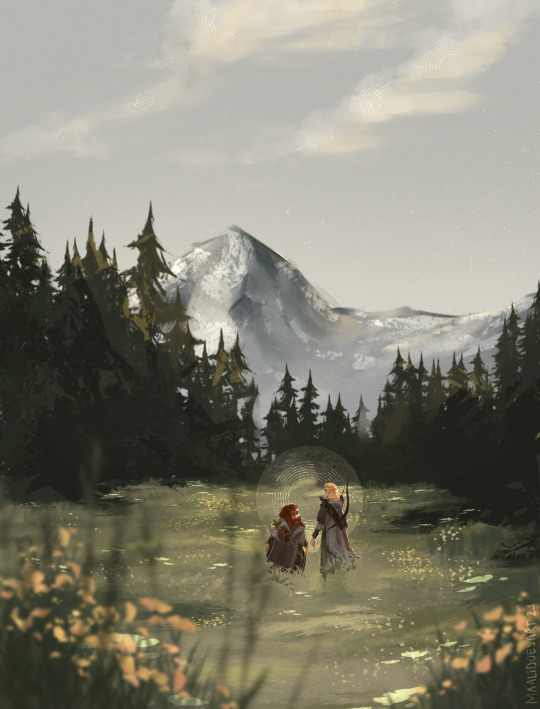Hi, I'm Bayley :) aro-spec asexual queer nonbinary (they/them) - white
Don't wanna be here? Send us removal request.
Text
It will get cold again eventually. The summer will not last forever. I’m not doomed to live in this unbearable heat for all eternity. <- said while gripping the countertop so hard that the tile is starting to crack
11K notes
·
View notes
Video
51K notes
·
View notes
Text

so we agree that rowdy is just another word for gay yes ??
[ID: a digital drawing of maxwell gotch, from dimension 20’s cloudward ho. he is holding one of his gloves in his teeth while putting on the other, with visible bruises on the knuckles of his exposed hand. an arrow with the word ‘rowdy’ and the gay mlm flag points to him]
147 notes
·
View notes
Text
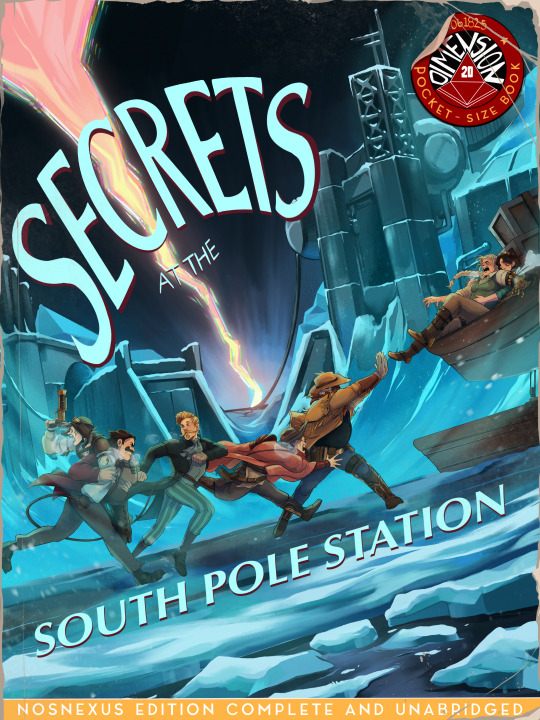
Get to the airship!!
#YES YES YES YES YES#best show fucking ever GOD they're so fucking good at what they do i simply must lost my mind every time
3K notes
·
View notes
Text
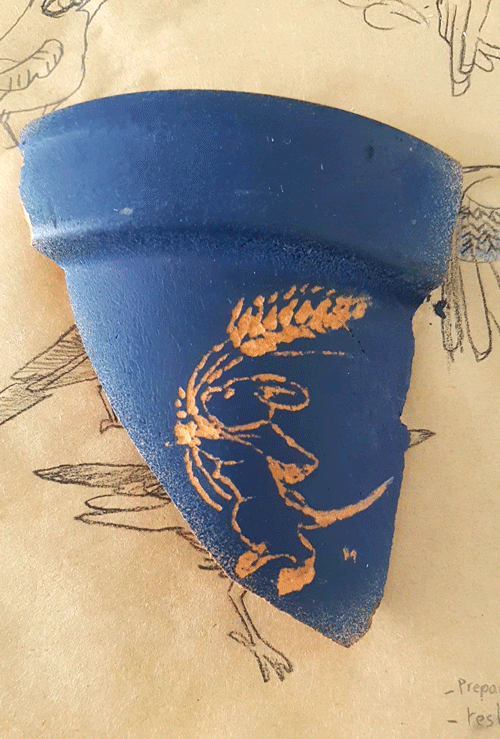
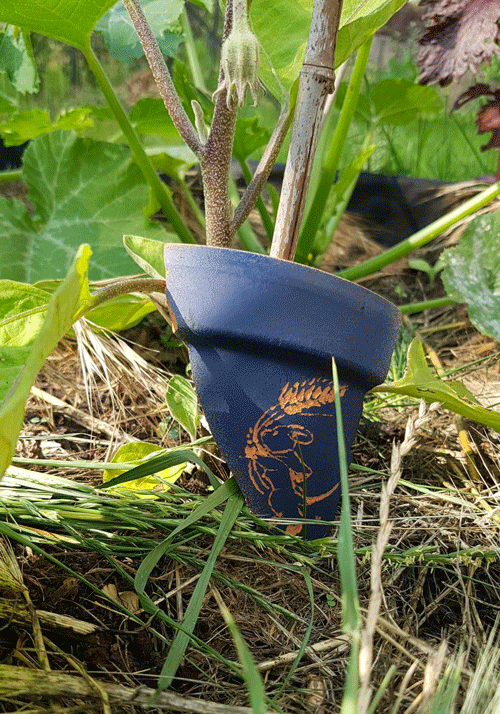


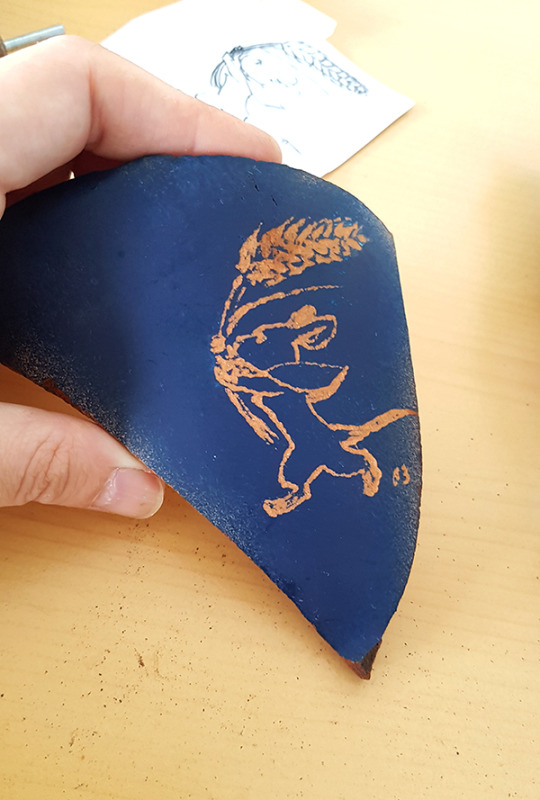
During my move, I broke a clay pot. I decided to engrave frames on it.
7K notes
·
View notes
Text

its International Asexuality Day happy birthday Jonathan Sims
647 notes
·
View notes
Text
No but the Hunger Games really said "what do you hate more- the atrocities or the people who commit them against you? Because like it or not there IS a difference. If you hate the people who commit acts of pure evil more than you hate the acts themselves, what will stop you from becoming just like your enemies in your pursuit of justice? What will keep you from commiting those very same acts against THEM when the opportunity arises? And what then? The cycle of pain and suffering will never stop. Round and round it'll go. Nothing will ever change. But. BUT. If you hate the atrocities. If you hate the vile, senseless acts MORE than you hate the people who did them to you. If you are able to see that evil is evil regardless of who does it... The cycle ends with you. No, you may never get justice. But you will never be responsible for making others, even your enemies, suffer the same crimes you have. The atrocities will never be committed by you, never by your hand. And that's the way you change the world. It's the ONLY way" and that's why I am sure it will never stop being one of the most relevant works of fiction ever created
54K notes
·
View notes
Text
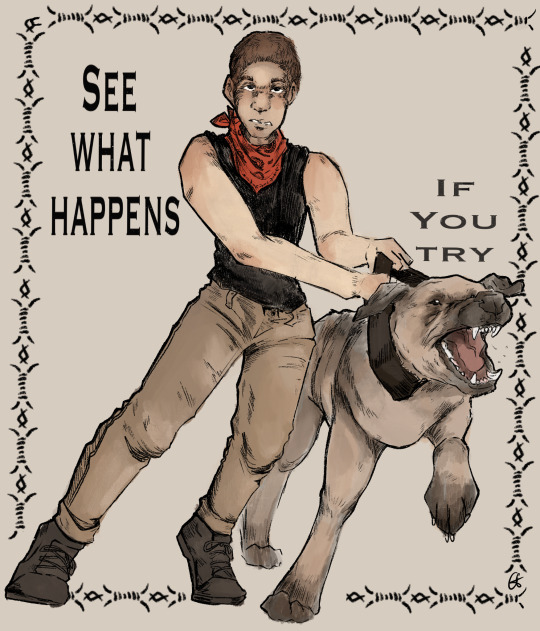
Happy compound fracture release day everyone!
311 notes
·
View notes
Text

Drawing I made for the last page of my sketchbook!
The composition could’ve been way better but it’s my personal so :] Still like it tho
Hope I will be able to make more fanart of AJW books, "the spirit bares its teeth" is on its way to me hehe
#this goes so hard!!!#just finished this book and hooooolyyyy mother of fuck#beware content warnings bc DAMN but it was SOOOOOO fucking GOOOOD. HE GETS IT
636 notes
·
View notes
Text
“Why was hiccup wearing lipstick?” Mind your business
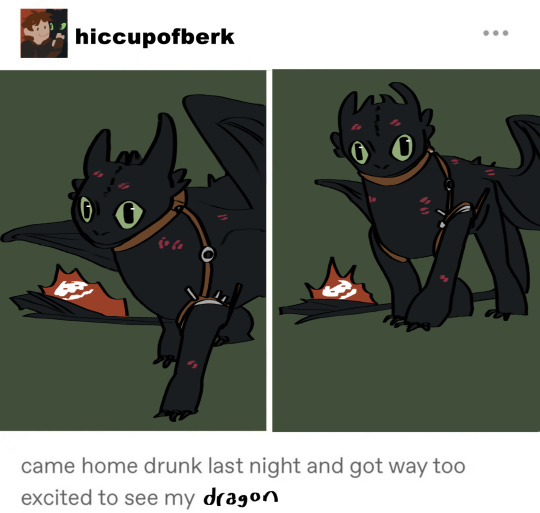
4K notes
·
View notes
Text
While I'm here I want to talk about how Epic characterises Odysseus, and why criticisms that Jay “gives him a conscience” misunderstand both the Odyssey and what Epic is actually doing.
First: the claim that Homer’s Odysseus didn’t feel guilt or grief just isn’t true. He does express regret, sorrow, even shame, just rarely in the moment, and rarely in overt ways. But the man weeps constantly. He breaks down when hearing songs of Troy. He mourns his fallen men. He carries the weight of what he’s done, even if he couches it in calculation and cleverness.
And when people say Jay’s version of Odysseus is somehow "softer" or overly moralized, they’re not only flattening Homer’s character — they’re missing the thematic project of the musical entirely.
Jay isn't writing a story where Odysseus learns "to be ruthless and let go of mercy." That’s one thread. But if we take it as the core arc, then yes, you might reasonably ask: why does he hesitate to kill now, when the Iliad Odysseus did far worse without flinching?
The answer lies in "Just a Man," the linchpin of the musical and a crucial catalyst for Odysseus’ internal arc. In it, he’s asked to kill an innocent child, and he does. But not before hesitating, asking: "Will these actions haunt my days? / Every man I've slain / Is the price I pay endless pain?"
The killing of the infant, possibly the darkest moment in the musical, comes as he says, “I’m just a man,” right after asking, “When does a man become a monster?” He drops the baby as he says it. We’re not meant to believe he’s not a monster. We’re meant to see that he doesn’t want to believe it.
That moment haunts the rest of the show. He didn't become ruthless when he dropped the baby, he already was; war changed him so completely that at the end of it, he was able to kill a baby that looked just like the son he left 10 years prior, and that terrifies him.
And the fear doesn’t go away. In "Open Arms," Polites is essentially telling him that war has changed him, and he carries it with him even now, after it's over. That truth unsettles Odysseus so deeply (who in the song prior is literally running "full speed ahead" away from his actions, away from war, convinced he can just get home and leave it all behind) that a goddess has to intervene to steady him.
When he faces the Cyclops, he tries to justify the violence: "It's just one life to take / And when we kill him, then our journey’s over." But the tone is clear: this is self-reassurance.
And Odysseus does this a lot in Epic! There’s a pattern of him trying to reassure himself and his crew that they’re almost there, that if they can just get through this trial, they’ll be home. He insists that their journey is nearly over again and again, that their families are still waiting, that everything will be fine, that they can still make it home.
But these aren’t promises, they’re hopes dressed as certainty. He has no real reason to believe any of it. It doesn’t matter. He says it anyway. Because if he stops believing it, even for a moment, the weight of what he's done, and what he's become, might crush him (we see this play out explicitly in both "The Underworld" and "Love in Paradise"). These aren’t just reassurances. They’re quiet, desperate lies. Mostly to himself.
Even delirious with exhaustion, he clings to this idea: "So much has changed / But I'm the same, yes, I’m the same."
But he isn’t. And he knows it. Odysseus is afraid the war will never end, not because of geography or gods, but because he’s afraid the war has already changed him beyond return. And that is one of the major ideas we can take from the Odyssey. As Emily Wilson observed, the long journey home is not just physical, it’s existential. The question isn’t just can he return, but who will return if he does.
So when Odysseus later embraces brutality, when he says, "Ruthlessness is mercy upon ourselves / And deep down I know this well," it’s not a turning point. It’s a confession. He’s admitting that this capacity for violence has always been there. And it’s Penelope’s danger that makes him stop pretending otherwise.
That’s the true arc: not from man to monster, but from denial to acknowledgment. Not the loss of conscience, but the unbearable weight of it.
And that’s why it matters that it’s Penelope who is in danger when he finally stops clinging to who he used to be. It’s for her sake that he embraces what he’s become. And in that moment, he knows she might not love him anymore. He chooses the path that will lead him home no matter what anyway.
584 notes
·
View notes
Text

Frame 8 of now 10! for the Critical frames project!
#caleb widogast my belovedddd#now that i have escaped tech week with my life i am back to keeping up with the nein again schedule! my first time watching!!
804 notes
·
View notes
Text

[ID: A digital drawing of Orym from Critical Role. He is visible from the chest up, facing three quarters to the left but looking off to the right with a smile. He is warmly lit and behind him is a simple drawing of forget-me-nots. End description.]
My favourite little guy 💚
1K notes
·
View notes

